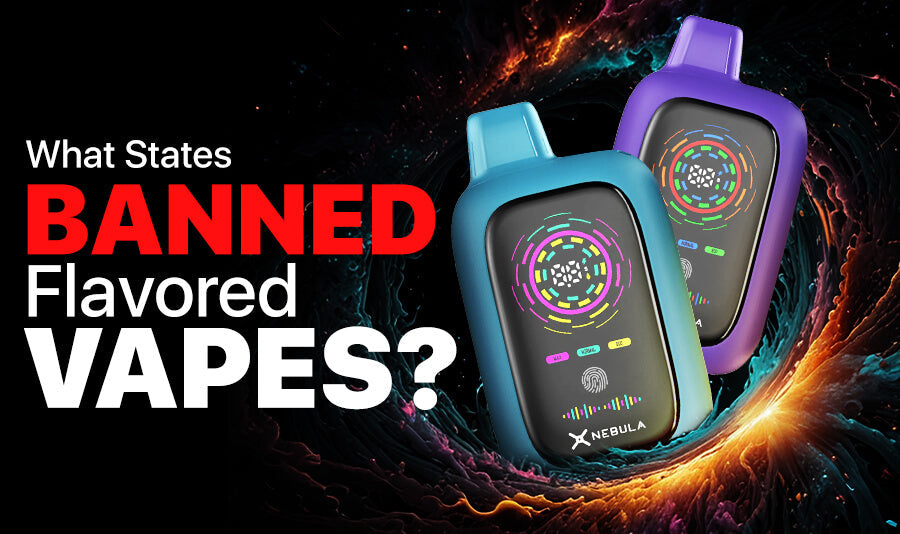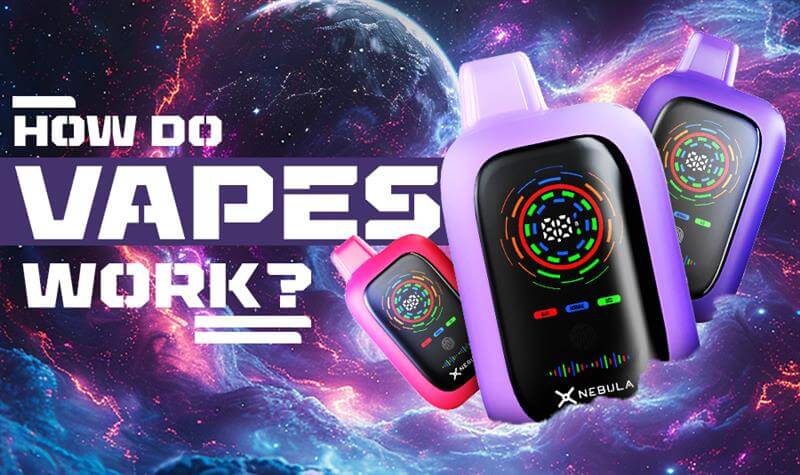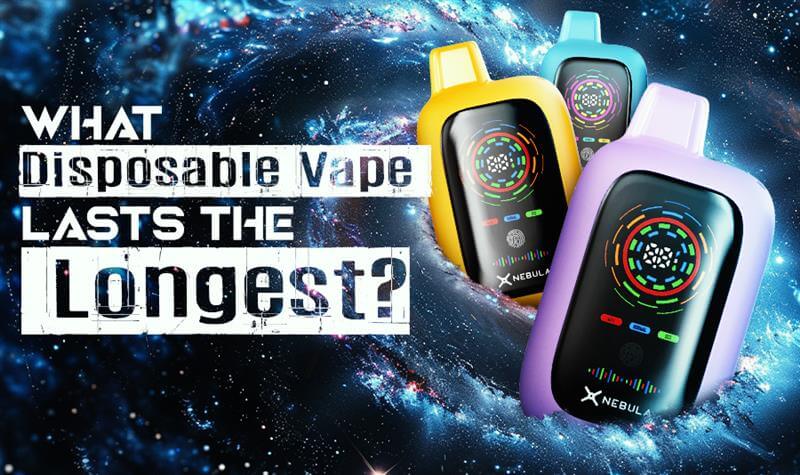What States Banned Flavored Vapes?

What States Banned Flavored Vapes?
Flavored vapes have been at the center of intense public health debates across the United States. Several states have enacted bans or restrictions on flavored vaping products, citing concerns that sweet and fruity flavors appeal primarily to teenagers. According to lawmakers and public health advocates, flavor profiles such as candy, fruit, dessert, and mint are a major factor in the rise of youth vaping.
Anti-vaping organizations argue that flavored e-liquids mask the harshness of nicotine, making it easier for young people to start vaping. The Centers for Disease Control and Prevention (CDC) has reported a significant uptick in vaping among adolescents, prompting swift legislative action in some states to ban or restrict flavored vape sales.
States That Have Restricted or Banned Flavored Vapes

Here are the states that have implemented statewide restrictions or outright bans on flavored vape products:
● California
● Colorado
● Connecticut
● Delaware
● Florida
● Massachusetts
● New Jersey
● New York
● Rhode Island
● Utah
These legislative measures aim to curb underage access to flavored vaping products. However, most of these bans still allow the sale of tobacco-flavored and sometimes menthol-flavored vapes. While the intent is to protect youth from nicotine addiction, critics argue that such policies may have unintended consequences.
Do Flavor Bans Work?
While flavor bans are rooted in good intentions, many question their effectiveness. Vaping products are already restricted to adults aged 21 and over in most states, and enforcing age verification could be a more targeted solution. Moreover, black-market sales and unregulated products may surge as a result of these bans, potentially creating more health risks instead of reducing them.
How the Vaping Industry Is Adapting

Despite these restrictions, the vaping industry has not disappeared—it has adapted. Many companies now offer tobacco-flavored or “clear” (flavorless) vape options that comply with local laws. Some are also introducing synthetic nicotine products that fall outside certain regulatory frameworks. These innovations reflect a continued demand for vaping products among adult users and show how the industry is evolving in response to shifting regulations.
Bans Could Hinder Smoking Cessation Efforts
Although flavor bans are aimed at reducing youth vaping, they may unintentionally harm adult smokers seeking a safer alternative to cigarettes. Many former smokers rely on flavored vape products to transition away from combustible tobacco. For these individuals, flavors play a crucial role in making vaping a satisfying substitute that supports long-term smoking cessation.
Studies have shown that adult vapers are more likely to stick with vaping—and ultimately quit nicotine altogether - when they have access to a variety of flavors. By removing these options, lawmakers risk undermining public health progress on another front: reducing smoking rates among adults.
Final Thoughts
Flavored vape bans are a contentious public health issue that pits youth protection against adult harm reduction. While the intentions behind these bans are understandable, they may not be the most effective way to address underage vaping. Instead, stricter enforcement of age restrictions, better education, and thoughtful regulation may strike a more balanced approach.
As the regulatory landscape continues to evolve, consumers and businesses alike must stay informed and adapt accordingly. Whether you're a smoker looking to quit or a retailer trying to stay compliant, understanding where flavored vapes are banned - and why - is essential.
MJust Read: What Disposable Vape Lasts the Longest?






